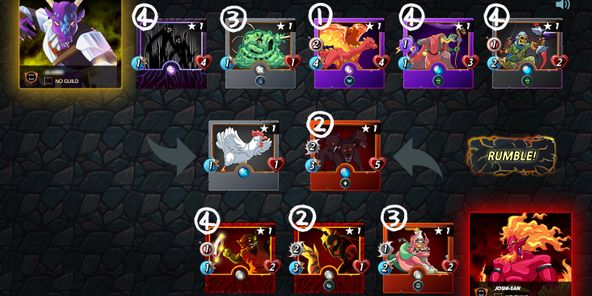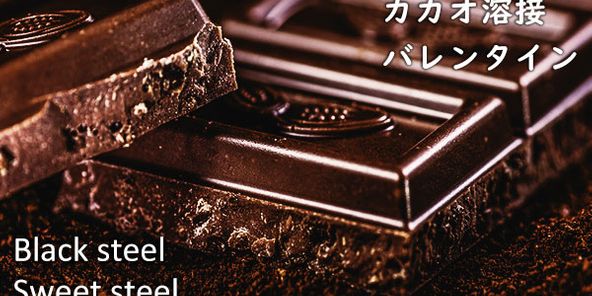

【第4問-A】
次の文章はある説明文の一部である。この文章と表を読み、下の問い(問1~4)の[マーク33]~[マーク36]に入れるのに最も適当なものを、それぞれ下の①~④のうちから一つずつ選べ。(現記事 スマホ版センター試験)
Art may reflect the ways people lived. Researchers have discussed how art portrays clothing and social settings. One study was conducted to determine if this idea could be extended to paintings featuring family meals. The results of this study might help illustrate why certain kinds of foods were painted.
The researchers examined 140 paintings of family meals painted from the years 1500 to 2000. These came from five countries: the United States, France, Germany, Italy, and the Netherlands. The researchers examined each painting for the presence of 91 foods, with absence coded as 0 and presence coded as 1. For example, when one or more onions appeared in a painting, the researchers coded it as 1. Then they calculated the percentage of the paintings from these countries that included each food.
Table 1 shows the percentage of paintings with selected foods. The researchers discussed several findings. First, some paintings from these countries included foods the researchers had expected. Shellfish were most common in the Netherlands' (Dutch) paintings, which was anticipated as nearly half of its border touches the sea. Second, some paintings did not include foods the researchers had expected. Shellfish and fish each appeared in less than 12% of the paintings from the United States, France, and Italy although large portions of these countries border oceans or seas. Chicken, a common food, seldom appeared in the paintings.
Third, some paintings included foods the researchers had not expected. For example, among German paintings, 20% of them included shellfish although only 6% of the country touches the sea. Also, lemons were most common in paintings from the Netherlands, even though they do not grow there naturally.
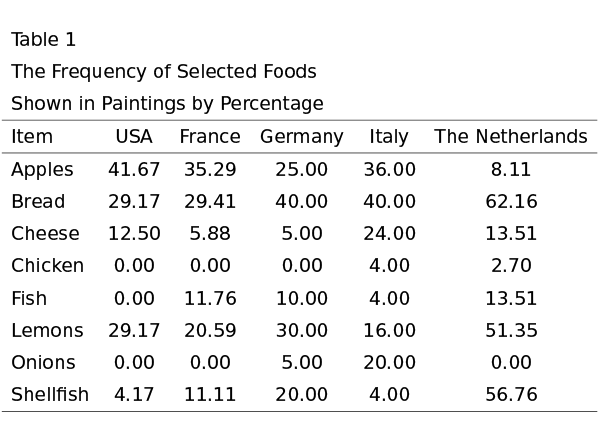
センター2019 第4問A 絵画に描かれた食物の統計
Comparing these results with previous research, the researchers concluded that food art does not necessarily portray actual life. The researchers offered some explanations for this. One explanation is that artists painted some foods to express their interest in the larger world. Another is that painters wanted to show their technique by painting more challenging foods. For example, the complexity of a lemon's surface and interior might explain its popularity, especially among Dutch artists. As other interpretations are possible, it is necessary to examine the paintings from different perspectives. These are the period in which the paintings were completed and the cultural associations of foods. Both issues will be taken up in the following sections.
(Brian Wansink (2016) Adapted from "Food Art Does Not Reflect Reality: A Quantitative Content Analysis of Meals in Popular Paintings")
問1
For the category “Apples" in this research, a painting with two whole apples and one cut in half would be labeled as [マーク33] .
① 0
② 1
③ 2
④ 3
問2
According to Table 1, the paintings from [マーク34] .
① France included apples at a lower percentage than the German ones
② France included cheese at a higher percentage than the Dutch ones
③ Italy included bread at a lower percentage than the American ones
④ Italy included onions at a higher percentage than the German ones
問3
According to the passage and Table 1, [マーク35] .
① chicken frequently appeared in the American paintings because people there often ate chicken
② fish appeared in less than one tenth of the Italian paintings though much of Italy lies next to seas
③ lemons appeared in more than half of the Dutch paintings as they are native to the Netherlands
④ shellfish appeared in half of the paintings from each of the five countries because they touch seas
問4
According to the passage, foods in these paintings can [マーク36] .
① demonstrate the painters' knowledge of history
② display the painters' desire to stay in their countries
③ indicate the painters' artistic skills and abilities
④ reflect the painters' love of their local foods
【第4問-A 解答】
[マーク33] ②
[マーク34] ④
[マーク35] ②
[マーク36] ③
【第4問-A 解説】
グラフと英文から情報を正確に読み取る問題
①設問に目を通して、表のどの情報に関するものかを知る。
②内容に関する問題でも表から得られる情報を最大限活用する;グラフのタイトルは英文全体の主題を指していることがほとんど(場合によっては英文を読む必要さえなくなる)。
③選択肢で全く当てはまらないものなどを消去していく。
ひと工夫!
グラフの読み取りが苦手な受験生は、設問の項目(問2であればリンゴ、チーズ、パン、玉ねぎ)ごとに○、△、☆、□などの記号を割り振って、グラフ上に書き込むことで見間違いなどのミスや、何度も見返すような時間のロスを減らすことができる。
問1 「この調査の『リンゴ』のカテゴリーで、まるごとのリンゴ2個と半分にカットされたリンゴ1個は[マーク33]として分類されるだろう。」
①0
②1 <第2パラグラフの “one or more onions … the researchers coded it as 1.”から、2個以上のときでも1と数えることがわかる。>
③2
④3
問2 「表1によると、[マーク34]からの絵画には…」
①フランスの絵画には、ドイツの絵画よりも × 低い率 (1) でリンゴが含まれている。
②フランスの絵画には、オランダの絵画よりも高い率でチーズが含まれている。
③イタリアの絵画には、ドイツの絵画よりも低い率でパンが含まれている。
④イタリアの絵画には、ドイツの絵画よりも高い率で玉ねぎが含まれている。
問3 「文章と表1によれば、[マーク35]」
①アメリカの絵画には、そこに住む人たちがしばしばニワトリを食べるので頻繁にニワトリが現れた。
②イタリアはの多く(の場所)が海に接しているのに、その絵画の1割未満にしか魚が現れなかった。
③レモンはオランダ原産のものなので、オランダの絵の過半数でレモンが現れた。
④(食用)貝は、5カ国が海に接しているので、それらのすべての絵の半数で現れた。
問4 「文章によると、絵画の中の食べ物は[マーク36]」
①画家たちの歴史の知識を示す
②画家たちが彼らの国に滞在したいという欲求を示す
③画家たちの技術や能力を示す
④画家たちの地元の食べ物への愛を反映する
投稿者の人気記事

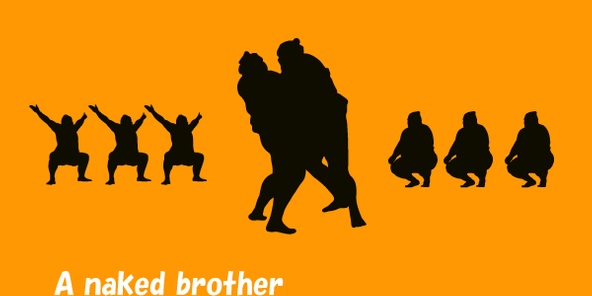

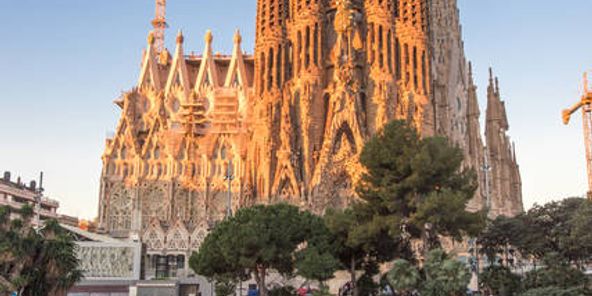
Bitcoinの価値の源泉は、PoWによる電気代ではなくて"競争原理"だった。

海外企業と契約するフリーランス広報になった経緯をセルフインタビューで明かす!

約2年間ブロックチェ-ンゲームをして

京都のきーひん、神戸のこーへん

無料案内所という職業
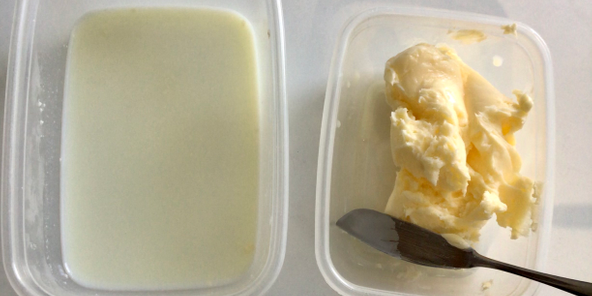
バターをつくってみた

17万円のPCでTwitterやってるのはもったいないのでETHマイニングを始めた話
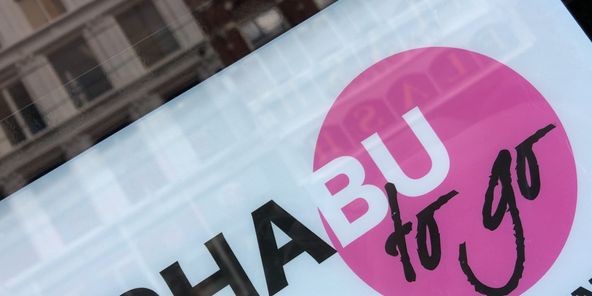
オランダ人が語る大麻大国のオランダ
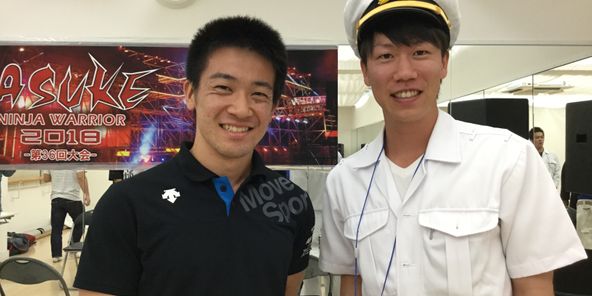
SASUKEオーディションに出た時の話

テレビ番組で登録商標が「言えない」のか考察してみる

機械学習を体験してみよう!(難易度低)
